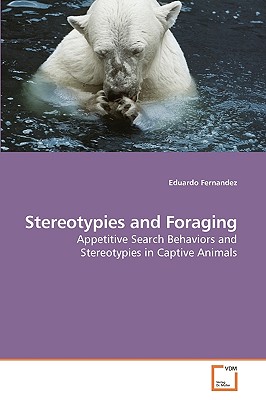Stereotypies and Foraging
$74.70
Description
Stereotypies in captive animals have been defined as repetitive, invariant patterns of behavior that serve no obvious goal or function. Stereotypies are commonly attributed to boredom or stress, and are typically “treated” with environmental enrichment. These enrichment items often includes food presented at times other than regular feedings. This thesis applies a “foraging loop” hypothesis to the behaviors of contrasting species of marine mammal carnivores; polar bears and walruses. Polar bears in the wild spend the majority of each day traveling to locate prey; captive polar bears spend several hours a day in locomotor stereotypies preceding a large feed. In contrast, walruses in the wild graze in beds of mollusks on the ocean floor, using their flippers, vibrissae, and mouths to locate and consume mollusks. Captive walruses spend the majority of their day circle swimming, mouthing, and sucking inedible objects in their enclosure. The results of six experiments allowed us to conclude that both species’ stereotypies were attempts to forage in their captive environment, and that allowing these animals to forage in a species-typical manner effectively decreased those stereotypies.
Author: Fernandez, Eduardo
Topic: Psychology
Media: Book
ISBN: 3639252098
Language: English
Pages: 164
Additional information
| Weight | 0.55 lbs |
|---|---|
| Dimensions | 9 × 6 × 0.38 in |















Reviews
There are no reviews yet.